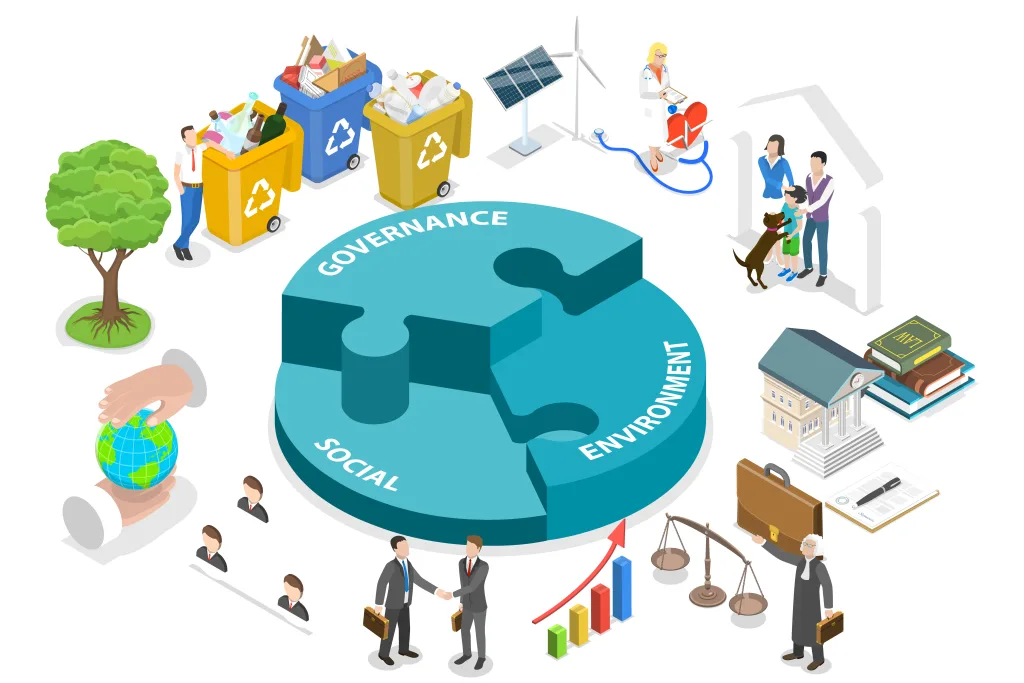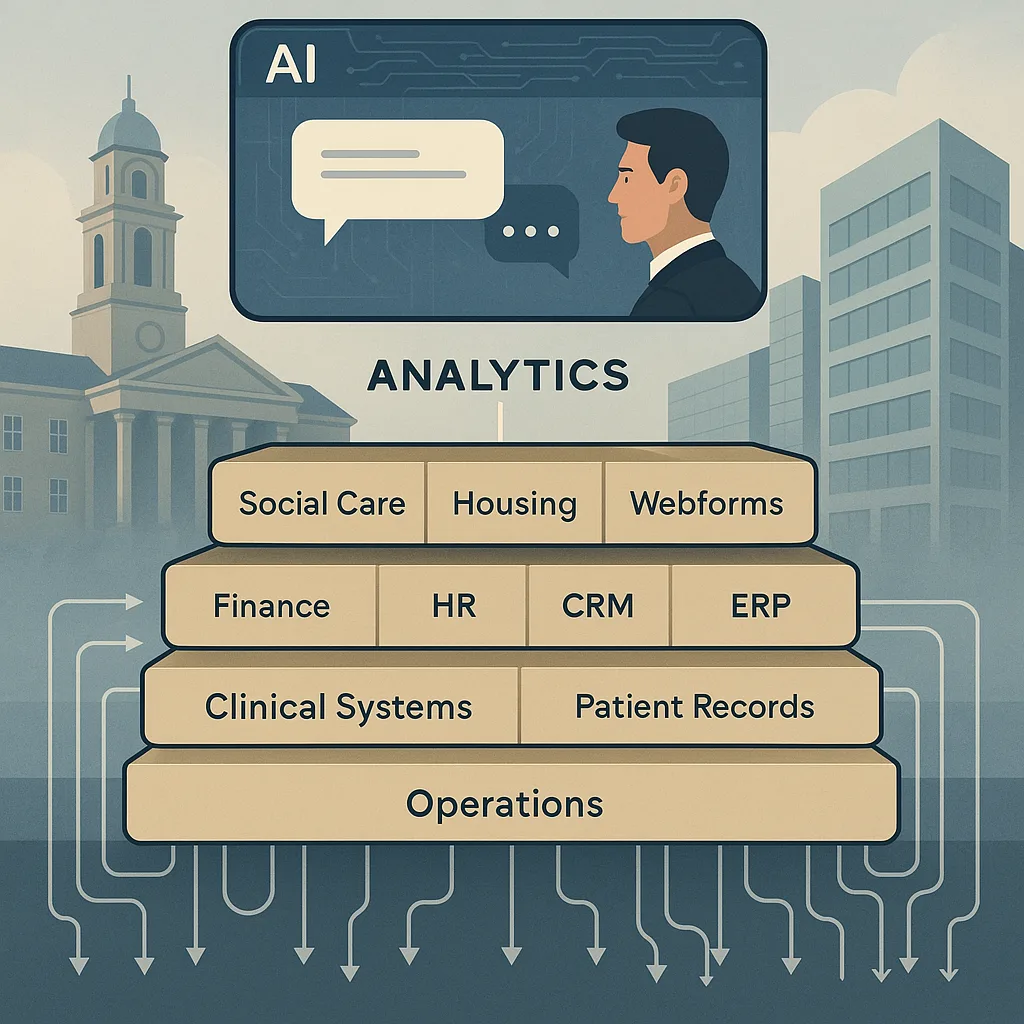
As Parliament reconvenes after the summer recess, all eyes are on the Prime Minister, who has signalled that the upcoming October budget will be a challenging one. With a target to save £22 billion, the government is set to enforce stringent measures to drive savings across the public sector.
A central element in this effort must be the use of data and analytics, and artificial intelligence (AI) to reform public services, ensuring efficiency, cost-effectiveness, and better outcomes for citizens. These technologies can play a pivotal role in reshaping areas such as adult social care, children’s services, local government, the police, schools, and the NHS.
One of the most significant areas where data and analytics, and AI can make a substantial impact is adult social care. The sector has long been plagued by inefficiencies, with a significant portion of budgets consumed by administrative tasks and inefficient service delivery.

By implementing AI-driven systems, local authorities can better predict demand, allocate resources more effectively, and personalise care for individuals. For instance, insightful analytics can identify individuals at risk of requiring more intensive care, allowing for early intervention that can reduce the need for costly long-term care. AI can also streamline case management, reducing the administrative burden on social workers and enabling them to focus on direct care.
Likewise in children’s services, AI and data and analytics, can be transformative in safeguarding vulnerable children. Insightful analytics can help social workers identify at-risk children by analysing vast amounts of data from various sources, such as schools, healthcare providers, and social services.
This enables earlier intervention and better-targeted support, potentially preventing cases from escalating into more severe issues that require costly interventions. Moreover, AI can assist in case prioritisation, ensuring that resources are directed towards the most critical cases, thereby improving outcomes while simultaneously driving cost efficiencies.

Local government faces the dual challenge of delivering services under tight budgets while meeting the rising expectations of their residents and businesses. Data and analytics can help councils make more informed decisions about resource allocation, infrastructure investments, and service delivery. For example, AI can optimise waste collection routes, saving fuel and reducing emissions. Similarly, data-driven insights can guide urban planning decisions, ensuring that investments in housing, transportation, and public spaces meet the needs of growing populations. By embracing these technologies, councils can enhance service delivery while achieving significant cost savings.
As September ushers in the party conference season, the political landscape will significantly influence how these technologies are implemented across public services. The Liberal Democrats, having emphasised social care in their manifesto, may push their councils to adopt data and analytics at the local level to improve decision-making and investment.
The question remains whether Labour will seize the opportunity presented by the strained public finances to drive a major shift in how AI is utilised across public services.

Will they advocate for widespread adoption of AI as a tool for reform, or will they focus on more traditional methods of budget management?
For the Conservatives, the challenge will be deciding whether to continue the pro-AI stance that characterised Rishi Sunak’s tenure or to adopt a more cautious approach, potentially positioning themselves as an opposition that prioritises cuts over technological innovation. The decisions made in the coming months will shape the future of public service reform and determine how effectively the UK can navigate its fiscal challenges.
As the government prepares for a painful budget, the potential of AI and data and analytics, to drive meaningful reform across the public sector offers a glimmer of hope. The key will be whether political will aligns with technological capability to deliver the savings and improvements that the public both needs and deserves.



